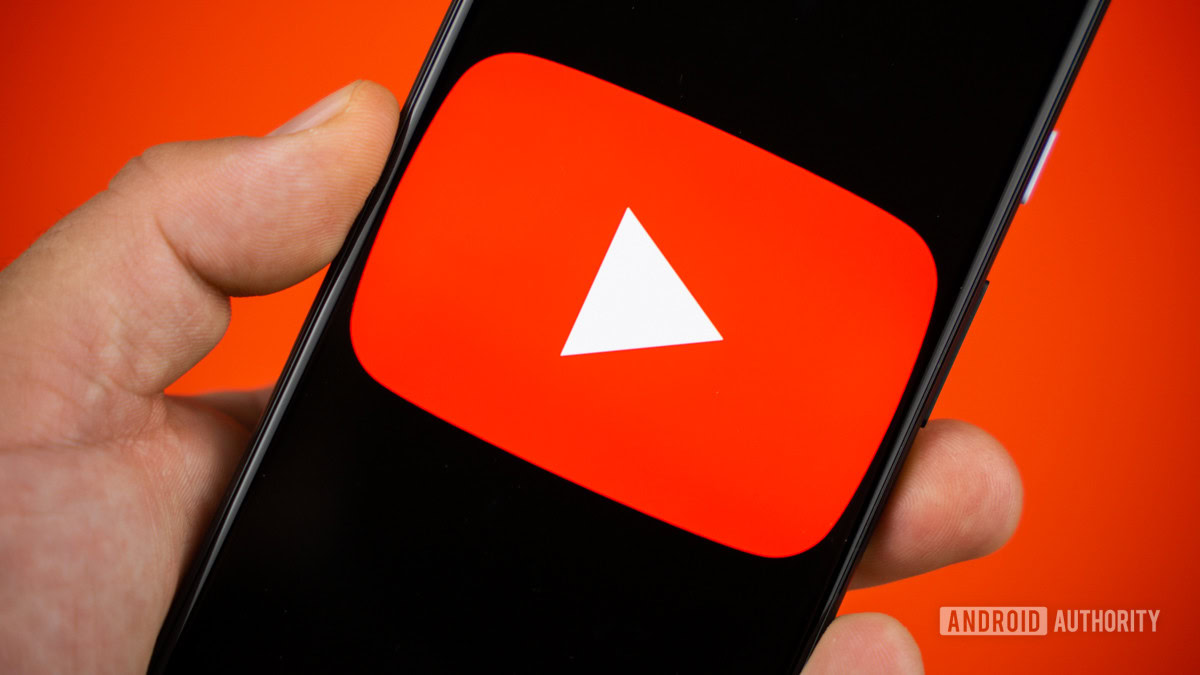**Determined not to pay for YouTube Premium? Check out this ad-free VPN hack**
YouTube Premium - even paying full price for it - is one of the best values in streaming around. The sheer volume of content available is impossible for anyone else to touch, ranging from brief Shorts to satisfy our decimated attention spans, to award-winning, feature-length films. But despite there being very good reason to pony up for that ad-free YouTube Premium experience, some viewers are dead-set on not paying YouTube one extra penny.
For those who refuse to pay the premium price, there's a potential hack to get around ads without breaking the bank - but be warned, it comes with its own set of caveats. TechRadar recently discovered that using a VPN to make it appear as if you're accessing YouTube from Albania can eliminate ad targeting entirely.
YouTube is a big, global phenomenon, and its ads department targets users all around the world. No matter where you're accessing it, you can expect to see ads directed at the local demographic - unless, that is, you happen to be in Albania. TechRadar's testing revealed no ads even after 150 minutes of viewing.
So what's the catch? Well, for one thing, it's still not free. While there are free VPNs out there, getting one that explicitly gives you an endpoint in Albania usually requires paying for a more feature-rich option - and this can still cost less than a full YouTube Premium subscription, but only just.
There's also the question of how well this loophole is going to hold up. While the Albanian ad issue has been known about among YouTube users for a while now, Google's not dumb, and it sounds like the company has already started taking steps to change things. On Reddit, we see user epicflex posting last year about starting to see ads when connecting through Albania, while more recently users have been getting flagged for VPN usage.
Finally, if you just have to try this out, we would absolutely not recommend doing so with a Google account you value in any way, shape or form. This feels like an easy way to get your account flagged, and we can't say for certain what the consequences may be - but if Google notices any shady business, it doesn't seem unreasonable that the company might take steps to further limit abuse.
So maybe just moving to Albania is the easiest option in the end? Or paying for YouTube Premium. Your choice.
**Disclaimer:** Android Authority may earn a commission on purchases made through affiliate links.
